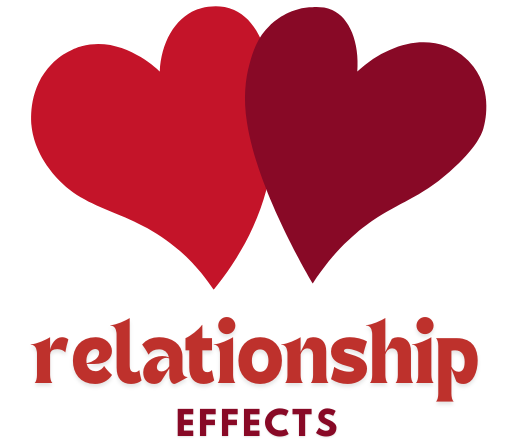When a relationship ends, it often feels like a part of ourselves is ripped away. This emotional turmoil is not just about losing a partner but also about losing shared dreams, routines, and the comfort of companionship. It’s akin to experiencing a significant loss, and the grieving process that follows can be as complex and profound as mourning a loved one. The stages of grief – denial, anger, bargaining, depression, and acceptance – do not necessarily occur in a linear fashion. Each person navigates through them uniquely, often revisiting stages as they slowly heal.

The Path Through Denial and Anger
Initially, denial serves as a buffer, shielding us from the overwhelming reality of the loss. It’s the mind’s way of giving us time to adjust to the new situation. In this stage, we might find ourselves still expecting a call or text from our ex, or imagining them walking through the door as if nothing has changed. These moments of disbelief can be confusing and painful, but they are a natural part of the process.
Anger often follows denial, bubbling up as we start to confront the reality of the breakup. It can be directed at our ex, ourselves, or even at the circumstances that led to the end of the relationship. This anger is not inherently negative; it’s an essential part of releasing the hurt. It’s important to find healthy outlets for this anger – whether through physical activity, talking to friends, or even writing down our thoughts. Suppressing these feelings can prolong the healing process, while acknowledging and expressing them can pave the way towards moving forward.
Navigating Bargaining and Depression
The bargaining stage is marked by an internal dialogue filled with “what ifs” and “if onlys.” We might replay moments in the relationship, thinking about how we could have acted differently to prevent the breakup. This stage can be torturous, as it involves a lot of self-blame and regret. It’s crucial during this time to remind ourselves that relationships are a two-way street, and the end of a relationship is rarely the result of one person’s actions alone. Seeking closure through understanding can help ease the burden of these thoughts.
Depression often hits hardest after the bargaining stage, as we start to accept the finality of the loss. The sadness can feel overwhelming, and it’s easy to fall into a state of hopelessness. This stage is where self-care becomes incredibly important. Engaging in activities that bring joy, even if they feel forced at first, can help lift the fog of depression. Surrounding ourselves with supportive friends and family, or seeking professional help, can provide the necessary support to navigate through this dark period. Remember, it’s okay to feel sadness; it’s a testament to the love and connection that once existed.
Embracing Acceptance and Moving Forward
Acceptance doesn’t mean we forget the relationship or the person we were with. It means we come to terms with the reality that the relationship is over and start to envision a future without it. This stage is about finding peace and understanding that it’s possible to move forward and find happiness again. It’s a slow process, often involving a lot of reflection and personal growth.
In reaching acceptance, we might start to see the end of the relationship not just as a loss but as an opportunity. It’s a chance to rediscover ourselves, to learn from the past, and to build a new life that aligns more closely with our true selves. Acceptance allows us to let go of the past and opens the door to new beginnings. This doesn’t happen overnight, and there will still be moments of sadness and longing, but over time, these moments will become less frequent and less intense.
Finding New Beginnings
As we navigate through the stages of grief, it’s essential to remember that healing is not a linear process. We might find ourselves revisiting certain stages or feeling stuck in one for a while. Patience and self-compassion are key. Every individual’s journey is unique, and there’s no right or wrong way to grieve the end of a relationship.
Moving forward involves finding new passions, nurturing existing relationships, and maybe even opening ourselves up to the possibility of new love. It’s about rebuilding our sense of self and creating a life that feels fulfilling and authentic. While the pain of a breakup can be profound, it also holds the potential for profound personal growth and transformation. By embracing the process and allowing ourselves to feel and heal, we can emerge stronger and more resilient, ready to embrace the next chapter of our lives.
Ally is editor at Relationship Effects and a keen writer on the topics of love and relationships. When she's not writing about the highs and lows of being in love, you're likely to find her catching up on the latest season of Bridgerton (again), reading, or hanging with her two ragdoll cats.
